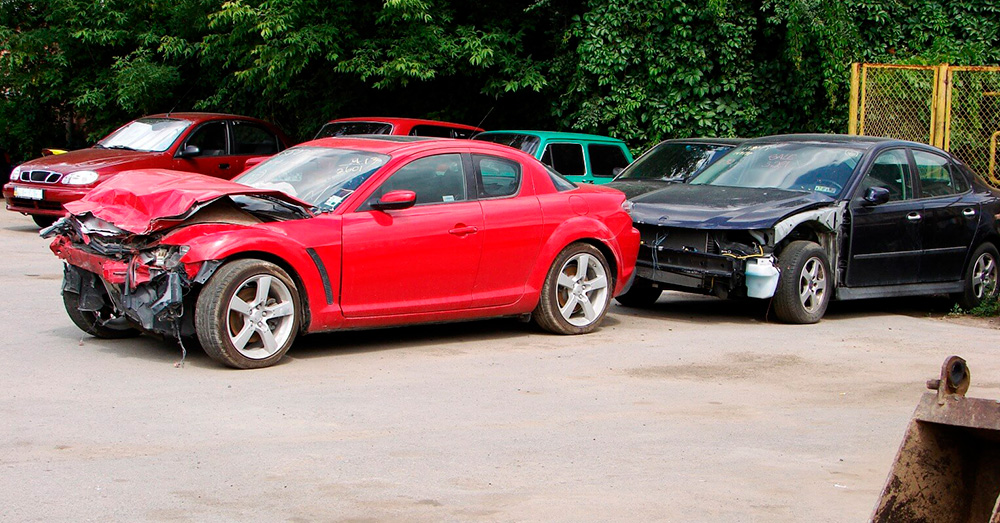Facing an automotive total loss situation is a result of a severe accident. As you deal with potential physical injuries and medical expenses, listening to the fact that you will be left without a vehicle is so disturbing. But how does an insurance company decide that your vehicle is a total loss?
Well, it applies the total loss threshold Kansas, which refers to the specific rules regarding a total loss vehicle. Some states in the United States use the total loss formula to determine it, while others have a set percentage rule. It is basically a predefined figure in percentage that differs in every state.
So, if you are in Kansas, you need to know all about this percentage-based rule to better understand the process and make the right choice whenever you need.
In Kansas, the fixed percentage figure is 75%. When an insurance company tends to find a totaled car, it first recognizes the repair cost and ACV of the vehicle. It is a crucial step to apply the threshold formula.
After determining both the values, it finds and gets the results. If the repair cost exceeds 75% of the actual cash value, your vehicle will be deemed totaled. In the US, states like North Carolina, South Carolina, Maryland, New York, Tennessee, and some other states have similar percentage values.
After the insurers decide the fate of your vehicle, they offer you an ACV settlement offer. Whether you accept it or not, it depends on your personal preferences and the demands of the situation. But you have the options and some rights that you should be aware of.
Understanding how the 75% Kansas Total Loss Threshold is implemented in real life is a vital aspect to navigate the claim process efficiently and ensure your peace of mind.
Let us break it down with the help of the given example:
If the company determines the actual worth of your car $10,000 and finds the repair cost $7,500, then the vehicle will be titled a total loss. It is because the repair estimate is 75% of the ACV, so when it is equal to or more than that, the vehicle will become a total loss.
We can understand it better with the help of the following table:
| Fair Market Value | Repair Cost | Predetermined Percentage in Kansas | The Result |
|---|---|---|---|
| $10,000 | $7,500 | 75% | Totaled |

When your vehicle is involved in an accident, you might have to deal with some terms and a process that you are not familiar with. Here is what you can expect under the Kansas Total Loss Threshold:
It depends on who is at fault for the accident. If another driver is at fault, they have to use their insurance coverage. Their insurance company will issue the settlement amount. However, if you are at fault, you have to use your own policy cover.
In the event of total loss and the other driver’s fault, if you own the vehicle, the amount goes to you. But if your car is on lease, the payout will go to the leasing company.
As a policyholder in Kansas, who just had a collision, you need to understand the total loss specific rules of the state. It allows you not to settle for the lower amount at first and make the right choice. You can make a decision for yourself whether you want to accept it or challenge their decision.
Understanding the implementation of the Kansas total loss threshold helps you prepare for the unexpected expenses, such as buying a new vehicle. You can also be ready for the potential paperwork that you were not aware of to date. It empowers you throughout the claim process and gives you confidence to navigate every step effectively.
Handling a total loss claim situation all alone is not easy. Whether you are worried about getting a fair payout or figuring out the paperwork, seeking professional support from ADR Claim can be a game-changer.
We help you guide throughout the process, providing clear answers that you are looking for. With us, you do not have to worry about the lowball offers or the negotiation process, as our adept team is by your side.
All you need to do is contact ADR Claims! We will take all the worries and confusion off your shoulders and offer reliable support to ease the claim process. Call now!
Our quick and simple appraisal process can help you recoup vehicle-related losses.